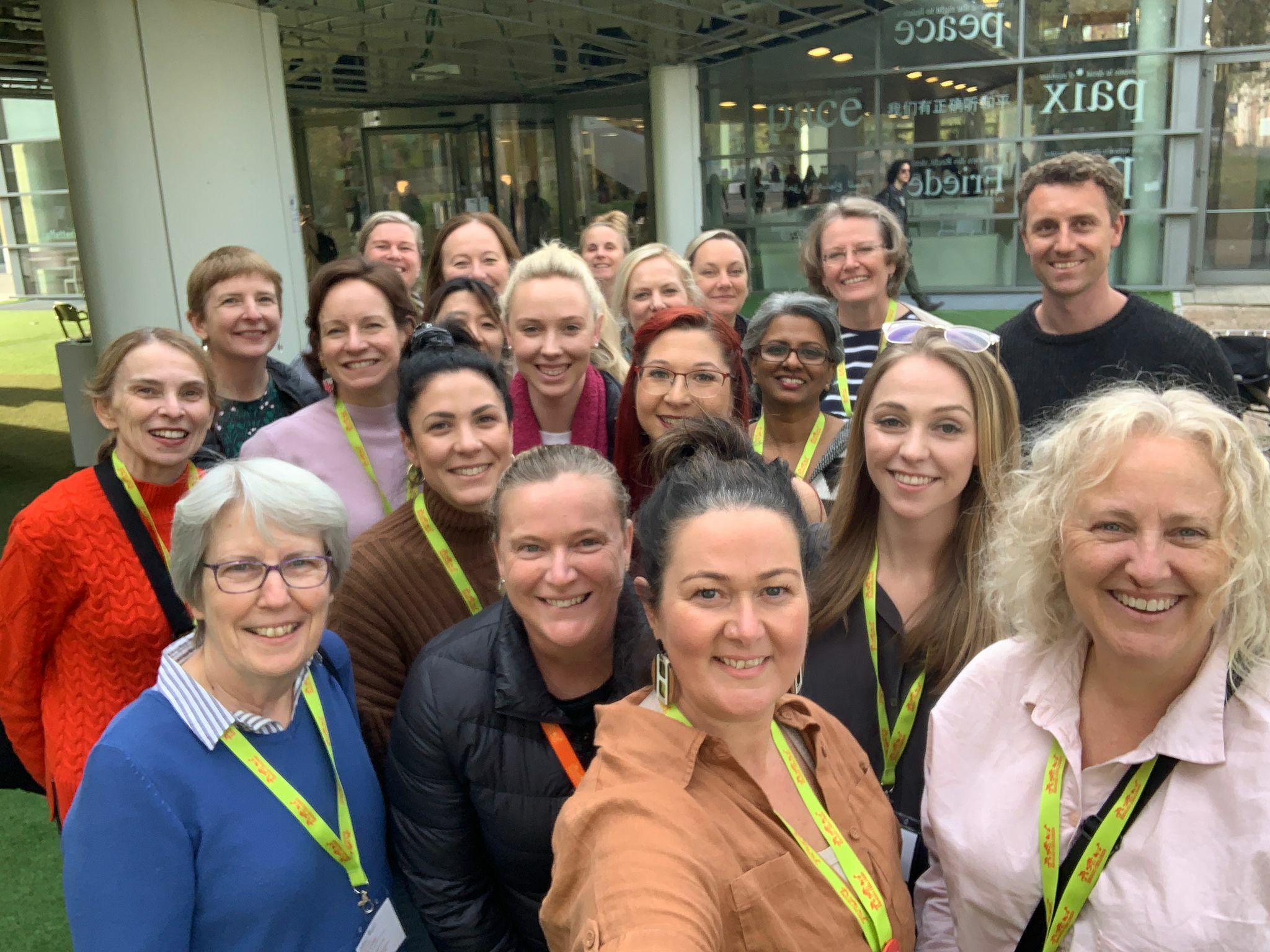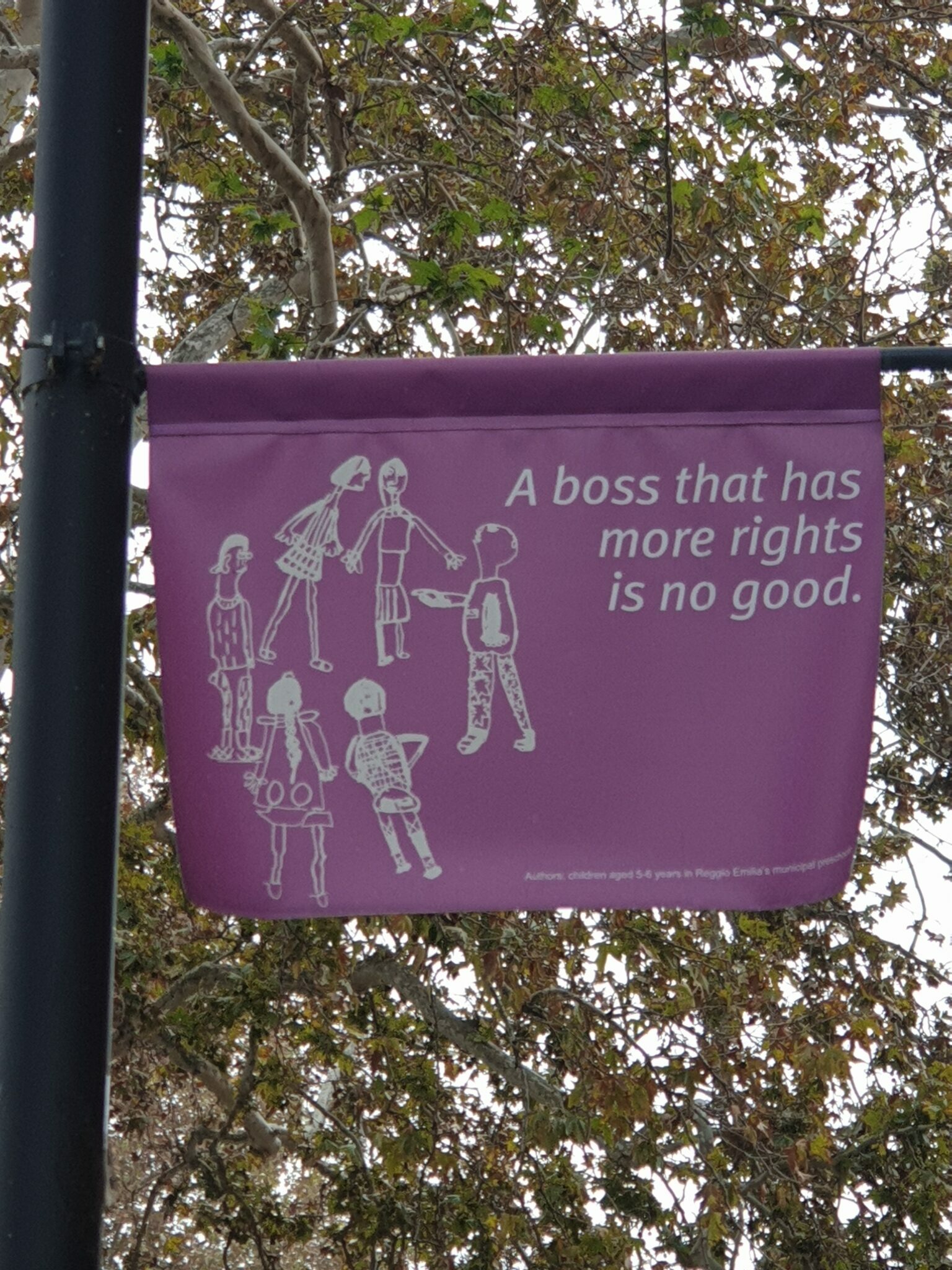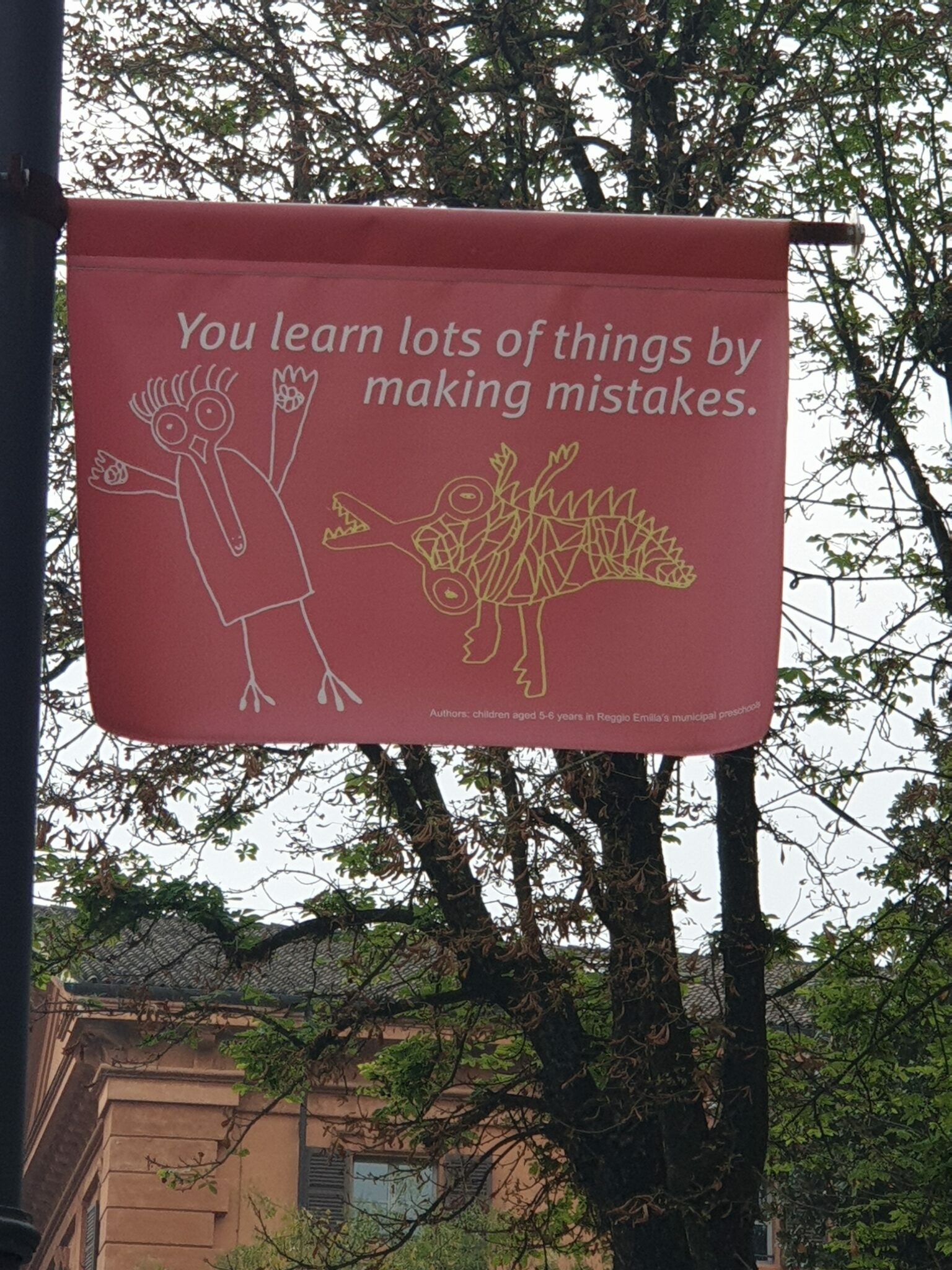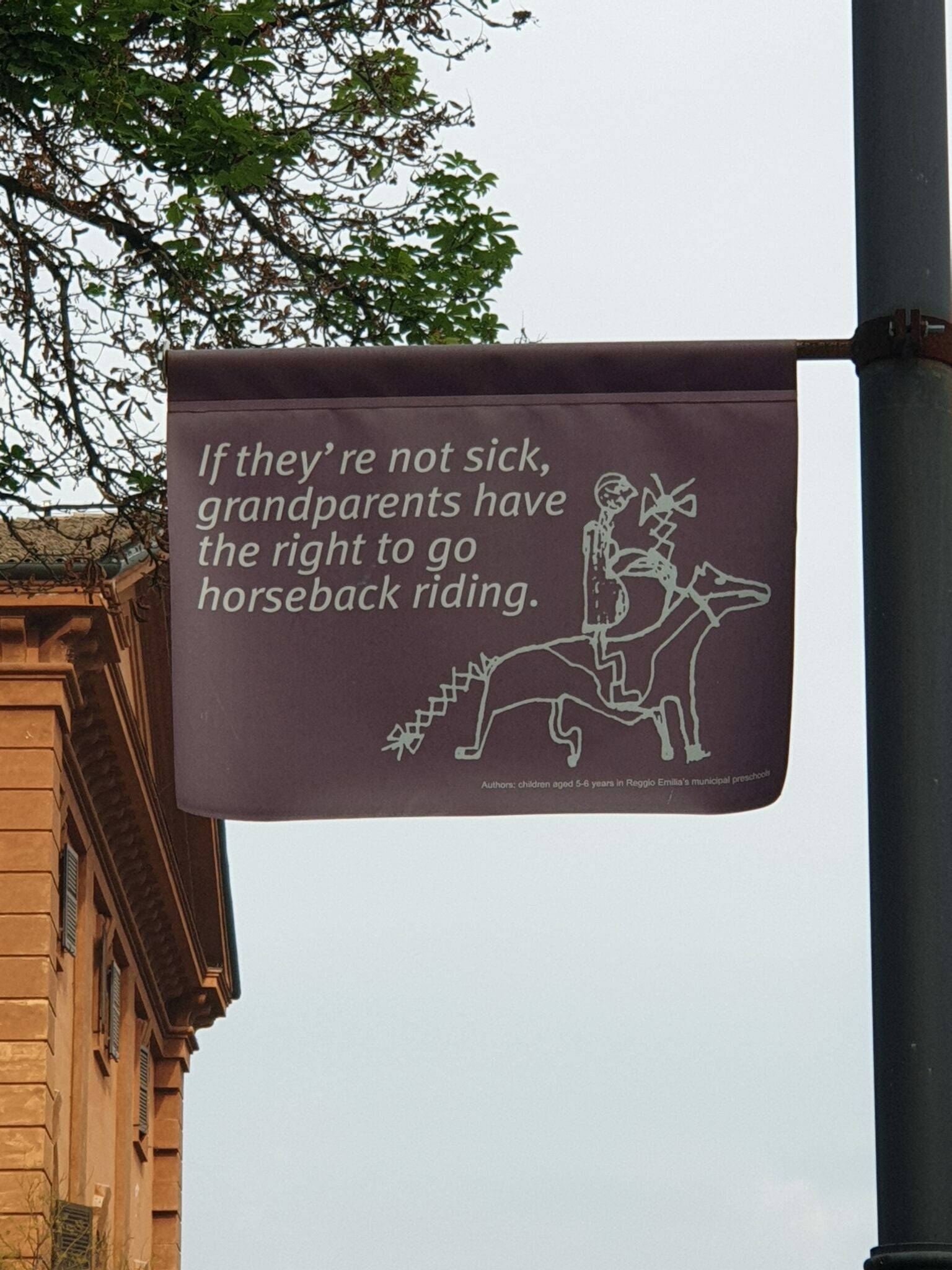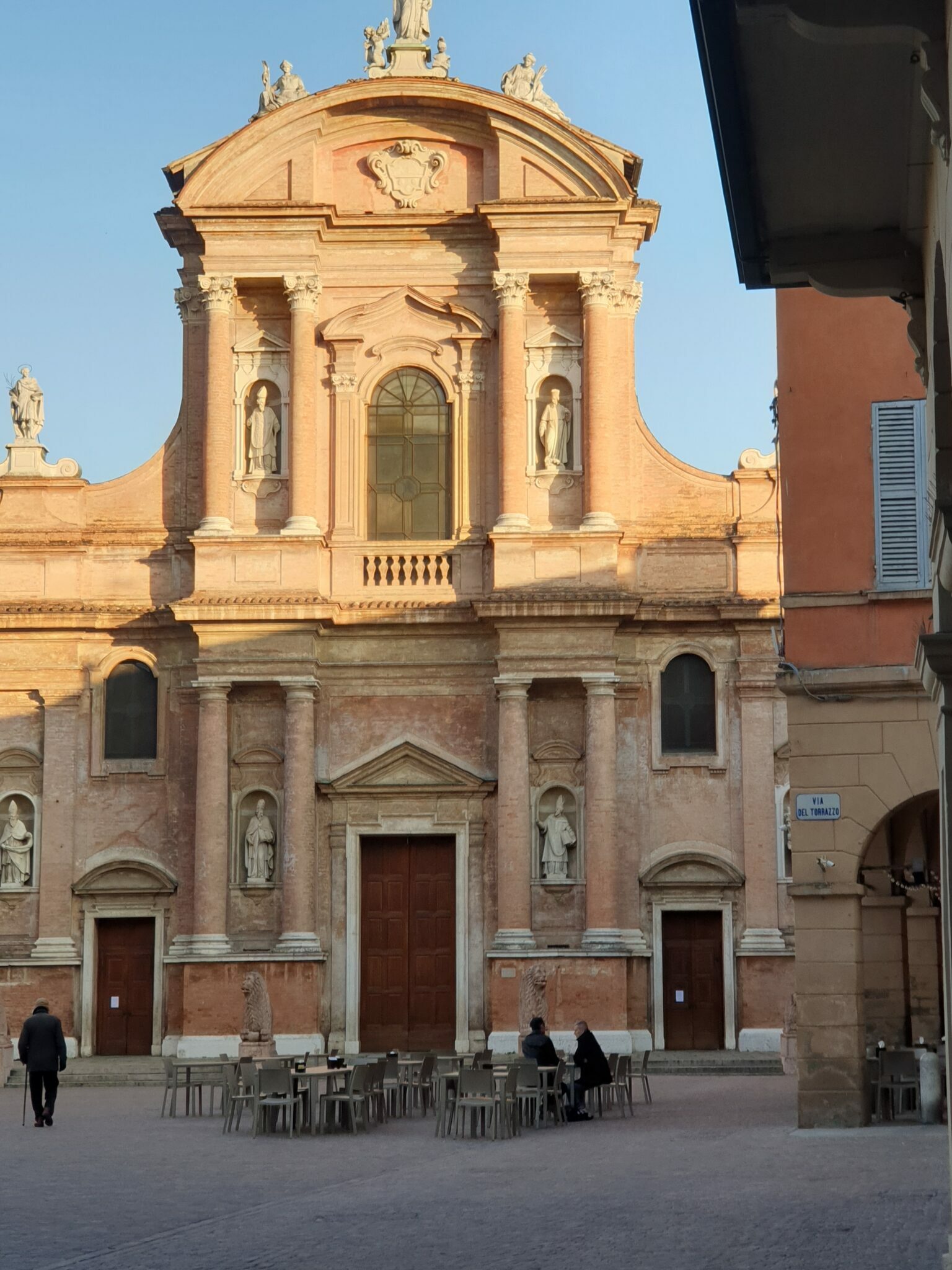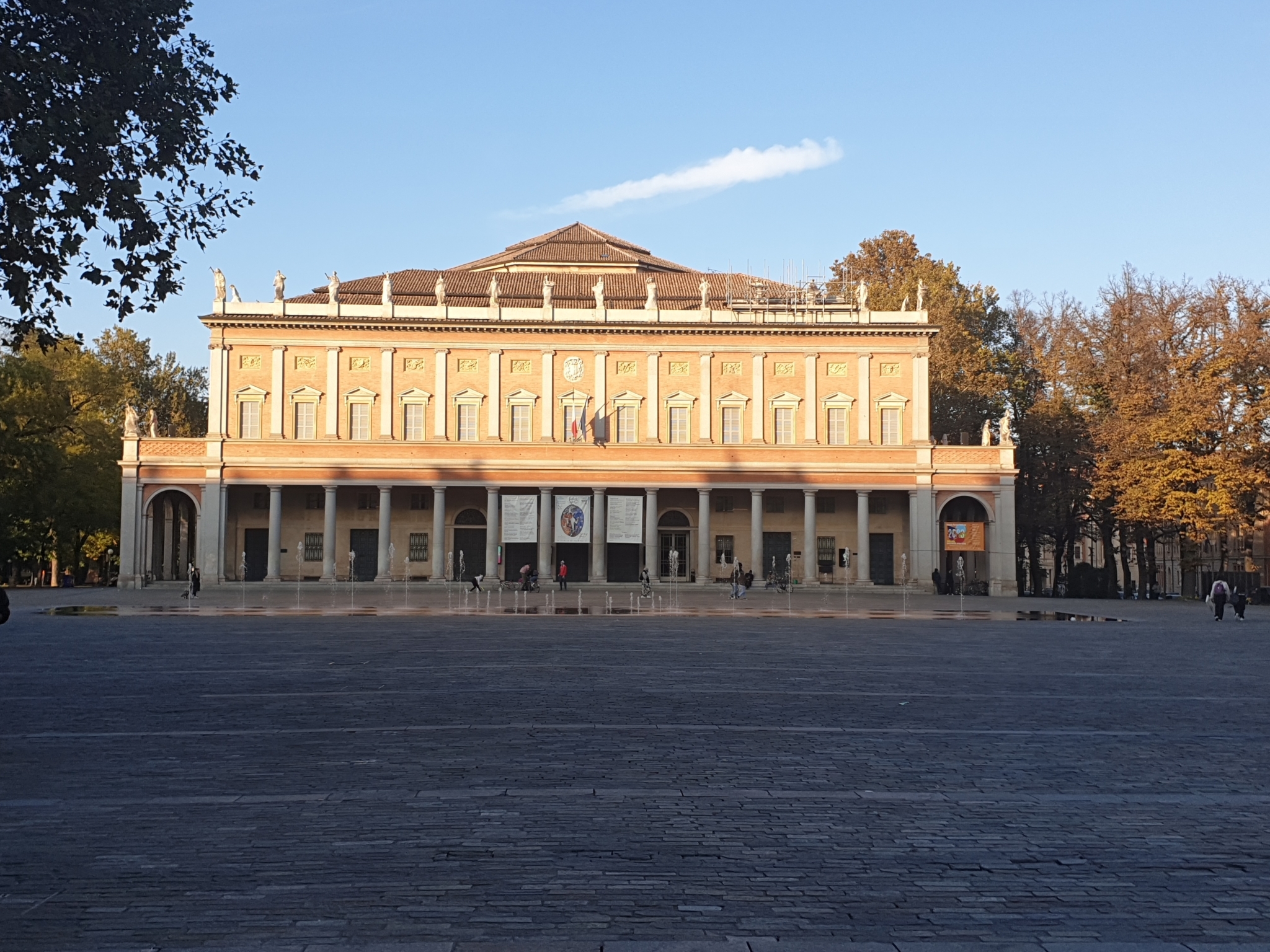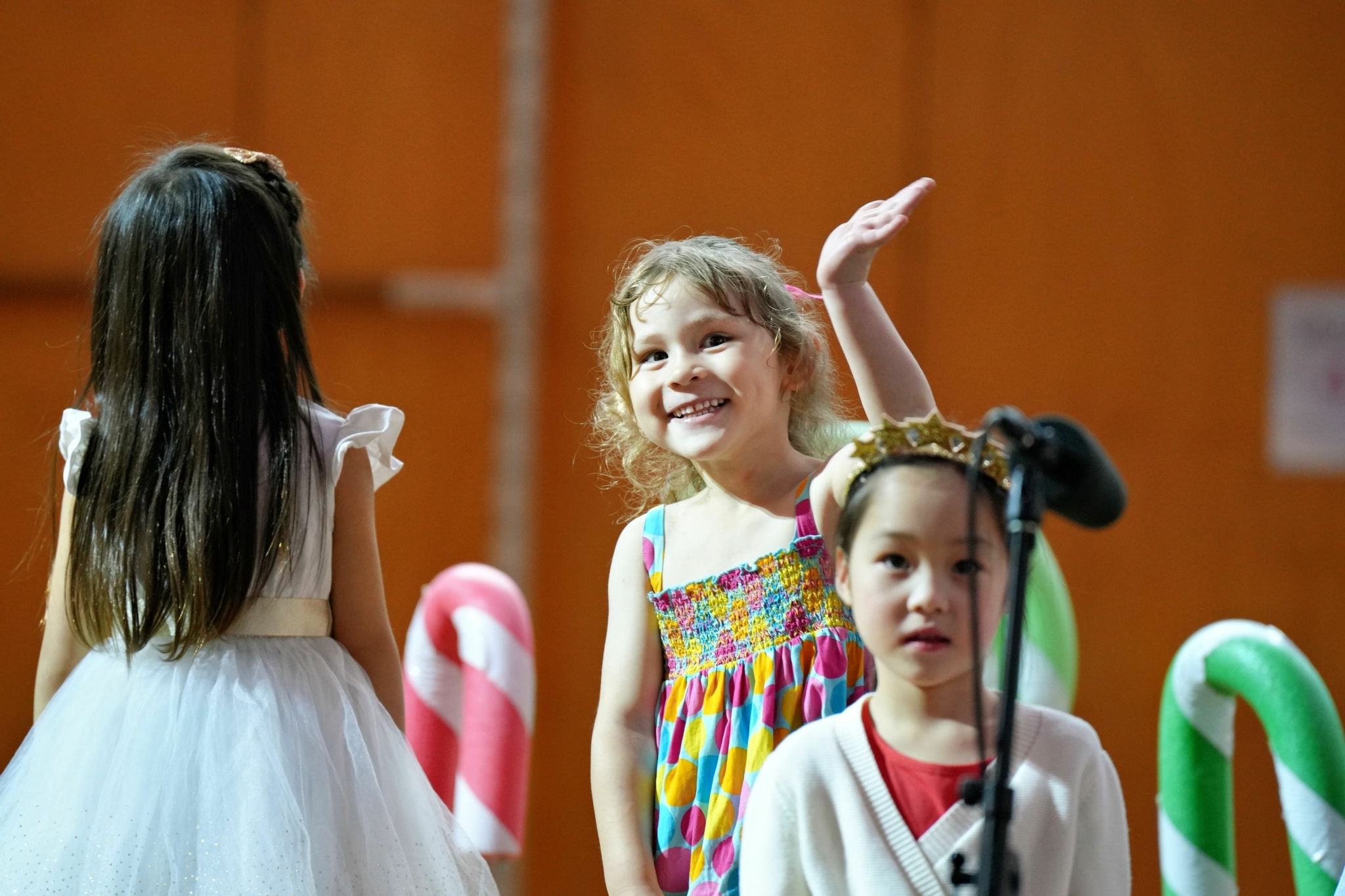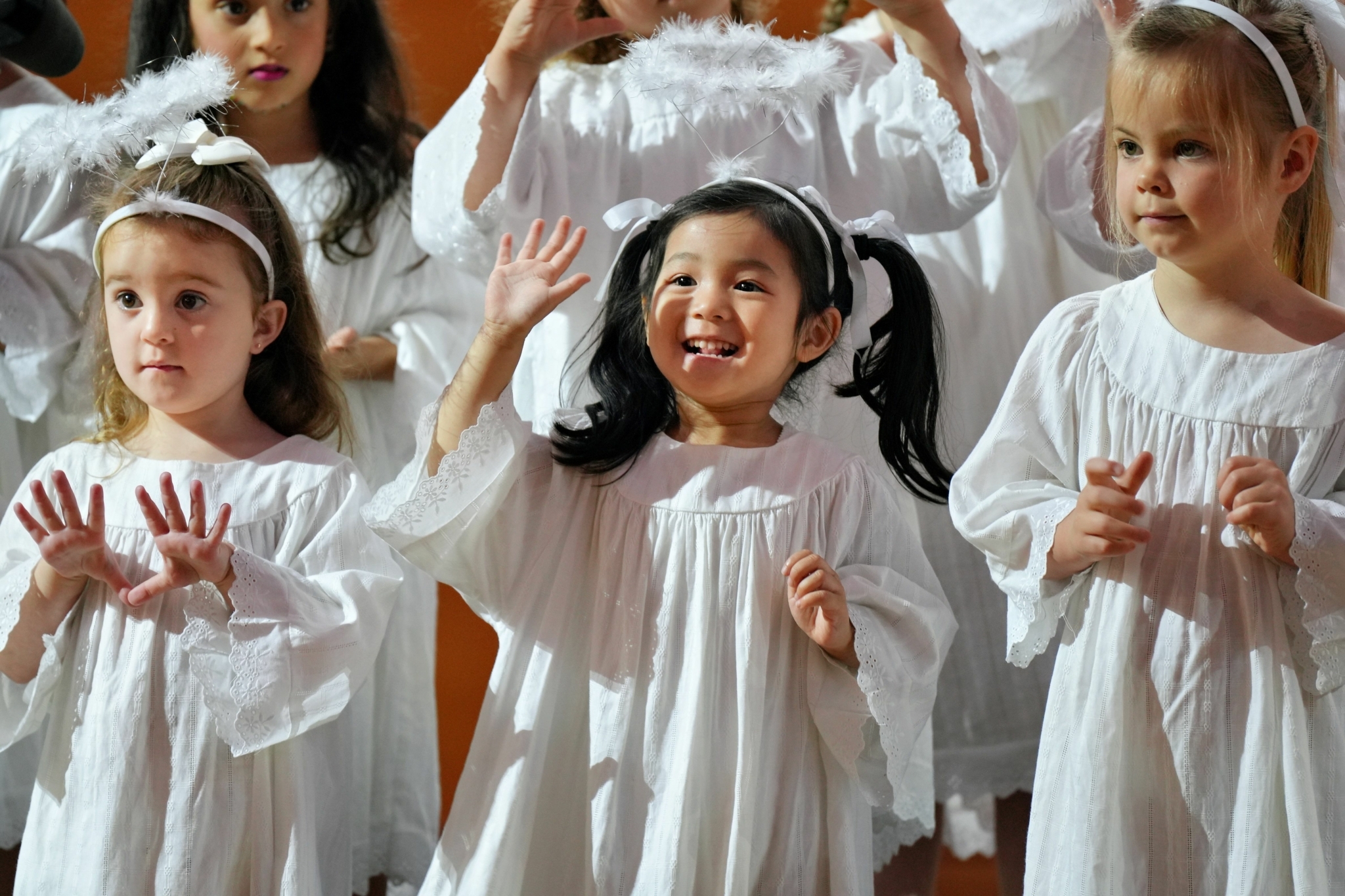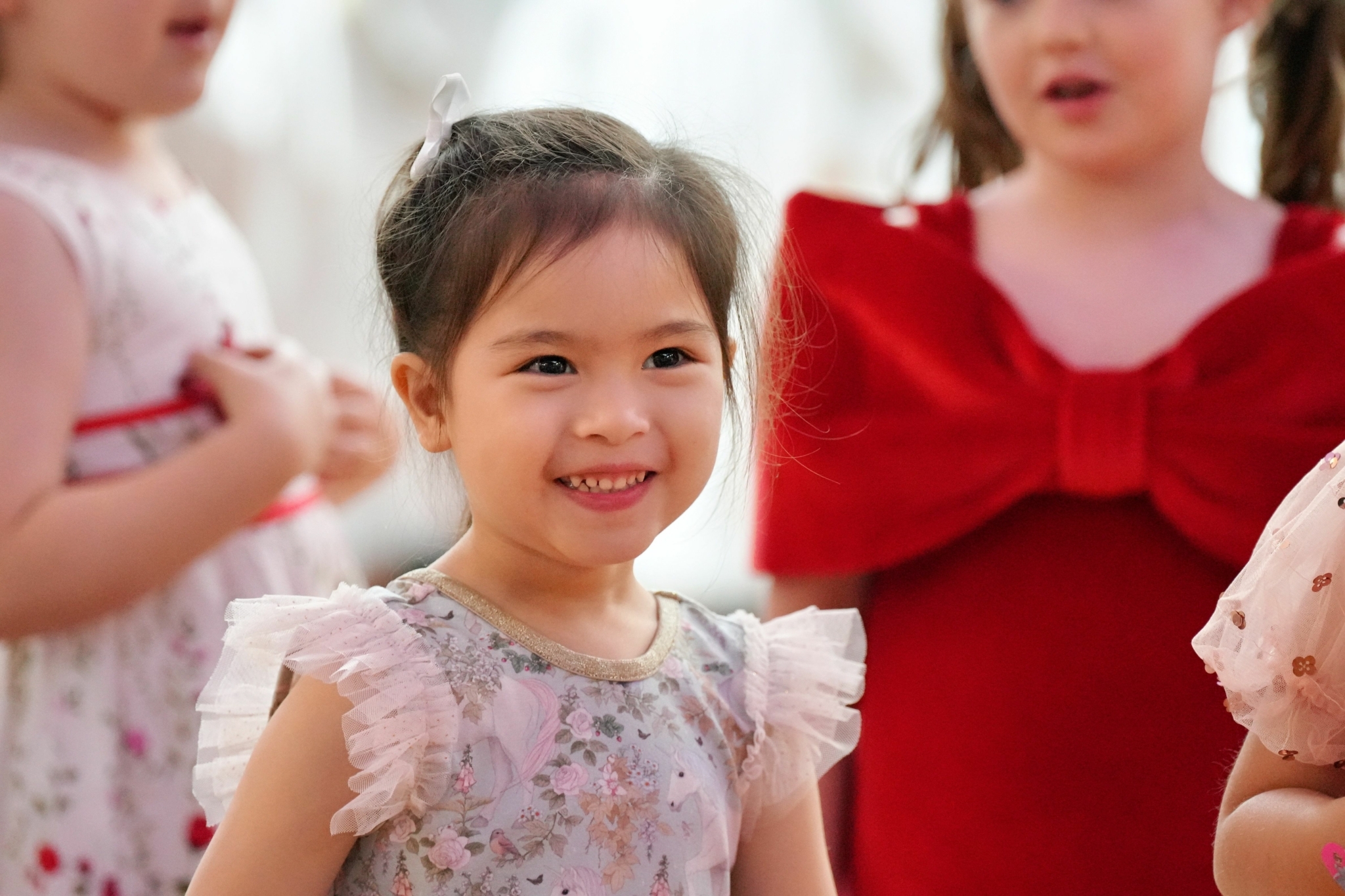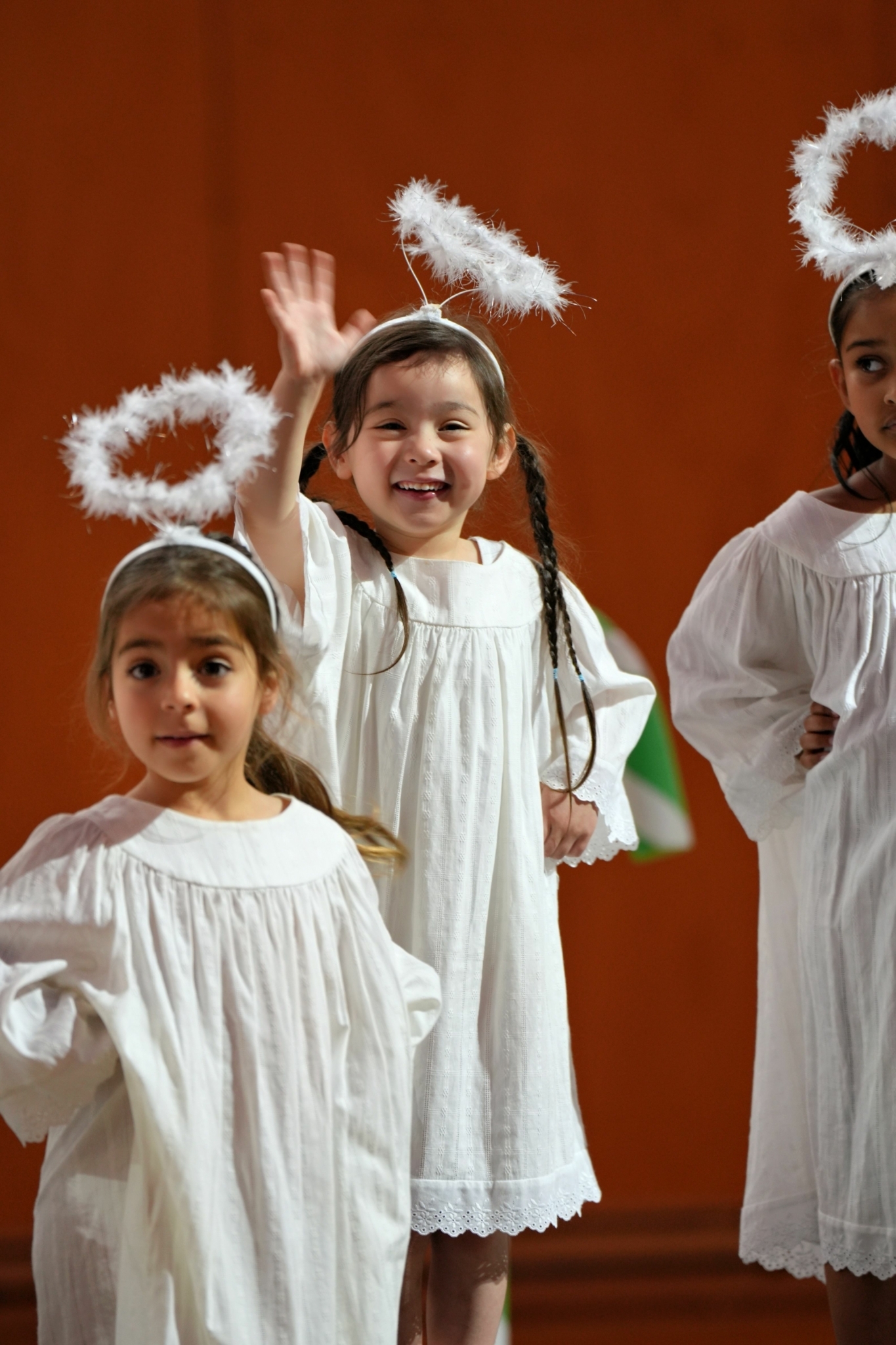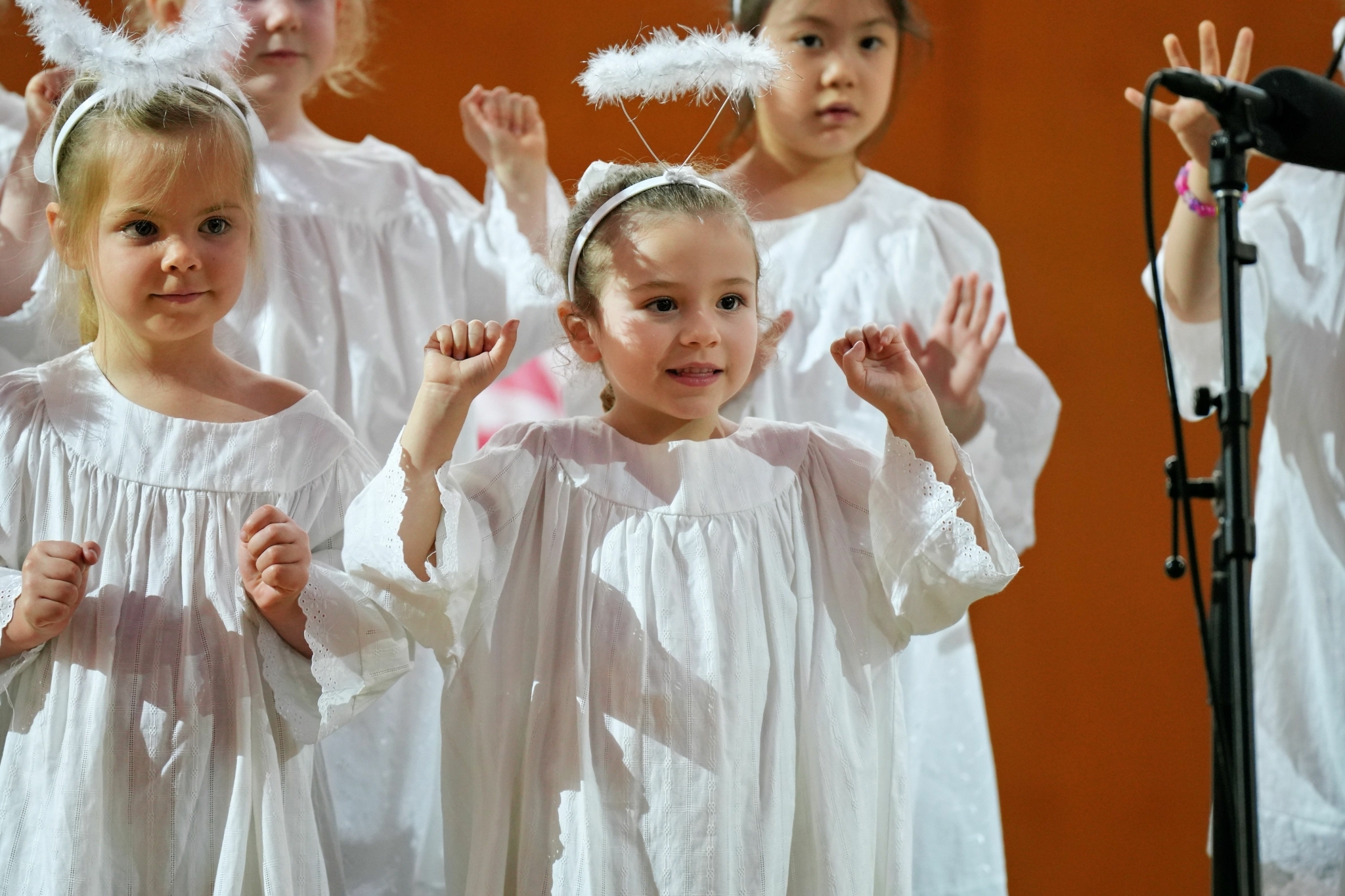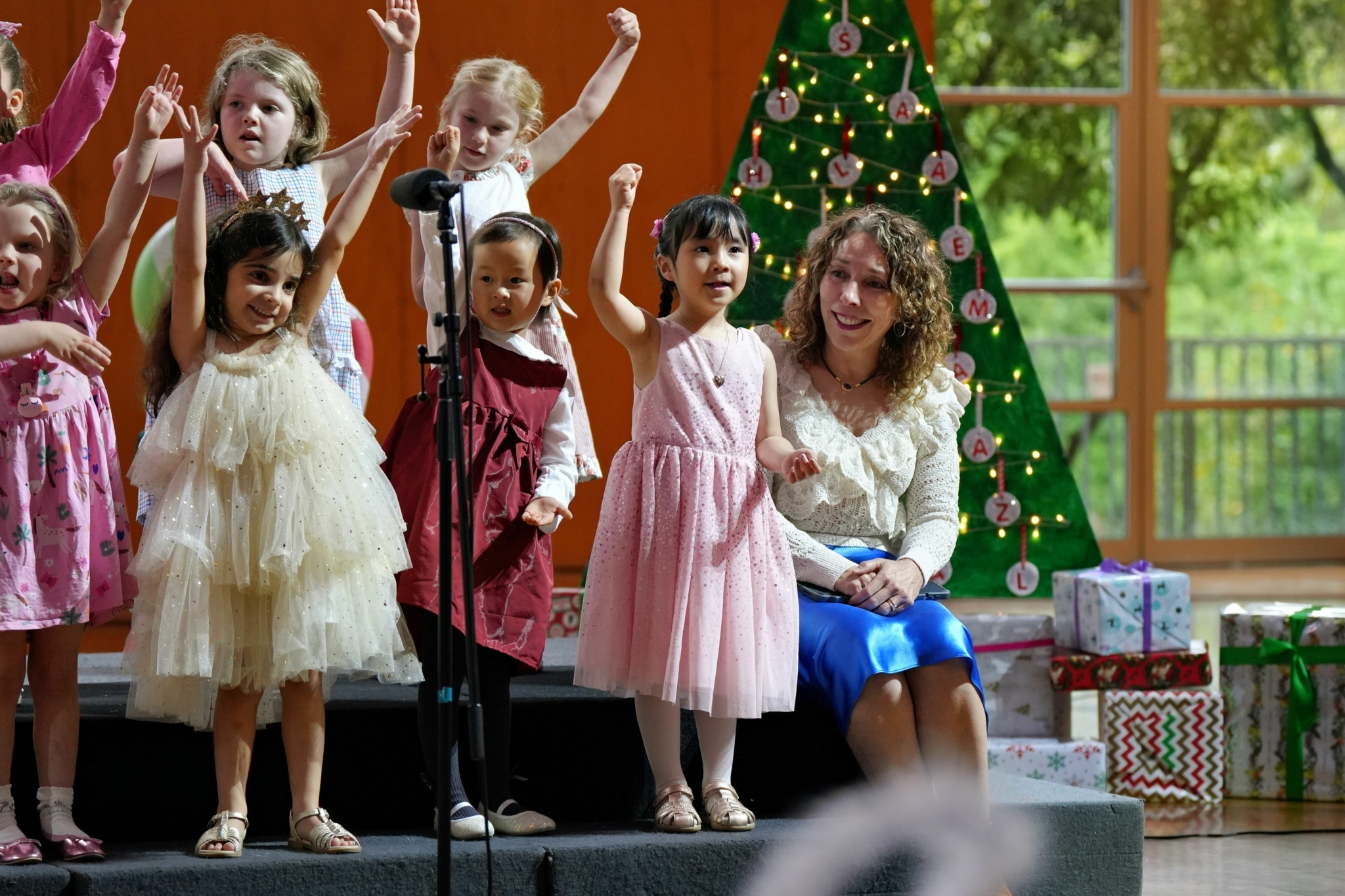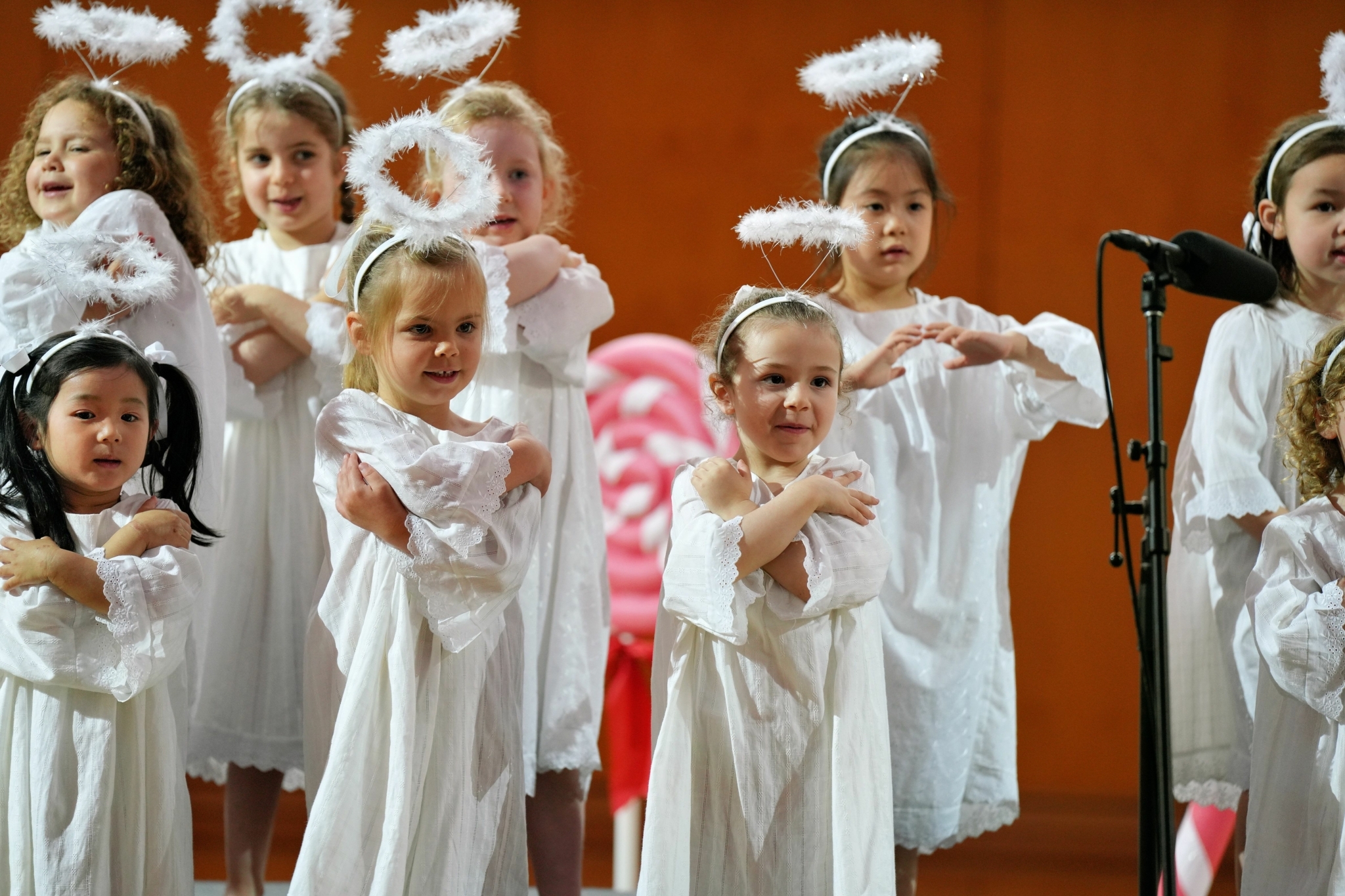Monday 27 November to Friday 1 December
Years 10 and 11 End of Year Exams
Tuesday 28 November
ELC and Reception Transition Day #2
Tuesday 28 November
Musical Theatre Club Concert
5.30pm to 6.00pm
Newman Theatre
Wednesday 29 November
Middle School Ethics Olympiad
8.30am to 3.25pm
Friday 1 December
Junior School Casual Clothes Day
Friday 1 December
Reception Outdoor Education Summer Day Trip
9.00am to 3.00pm
Glenthorne National Park
Sunday 3 December to Saturday 9 December
Round Square Conference 2023 (Year 8)
New Zealand
Monday 4 December
Junior School Prize Giving and Graduation
8.40am to 9.40am
Gym
Monday 4 December
Advent Service (Years 7–12)
6.00pm to 7.15pm
St Peter’s Cathedral
Tuesday 5 December
Senior School Speech Night
6.00pm to 9.00pm
Gym
Thursday 7 December
Middle School Prize Giving
8.40am to 9.45am
Gym
Thursday 7 December
Wildy Film Festival
7.00pm to 9.00pm
Mercury Cinema
Friday 8 December
Final Day of Term 4
Friday 8 December
Reception to Year 3 Christmas Concert
6.00pm to 7.00pm
Gym
Friday 8 December
Year 4 to Year 6 Christmas Concert
7.15pm to 8.15pm
Gym
Saturday 9 December to Monday 29 January
Summer Holiday Period
Monday 8 January to Friday 12 January
Gold Duke of Edinburgh Residential Project
Crawford Campus
Wednesday 17 January to Wednesday 24 January
January Rowing Camp
Waikerie
Tuesday 30 January
First Day of Term 1 2024
Friday 2 February
Year 11/12 Formal
6.30pm to 10.30pm
National Wine Centre
My recent intensive study tour in Reggio Emilia was a truly incredible experience and one that has deeply enriched my knowledge about quality early childhood education. For some time, the city of Reggio Emilia (situated in Northern Italy, with a population of approximately 170,000 people) has been recognised as one of the best places in the world for early childhood education. The Reggio Emilia approach to education is a unique approach to teaching and learning that was driven by the women of Reggio Emilia after the second world war in a quest to create quality early childhood education.
The biggest question one would ask is, why travel to Reggio Emilia for this learning when we are already inspired by this approach? It was made clear in one of the first lectures that to truly understand this approach to education, one must understand the city and culture on which it was built and continues to serve. This means to understand the historical, social and political context of the place. This approach to education is one that cannot be copied anywhere else in the world; instead, we can be inspired by the principles and apply it within our own contexts. Along with twenty other Australian early childhood educators, I embarked on a journey to understand the city.
Immersion in the culture came easily as I was only too happy to indulge in the delicious pastas and amazing (but small) coffees. However, it was a little trickier to adjust to the afternoon siestas and consequent closing of shops (as I rushed to purchase some presents and keepsakes), along with the late opening of restaurants. Most mornings in Reggio, once the sun had risen around 7.00am, I commenced my day with a run around the centre of the city. Running through the central piazza was a special experience as it is a beautiful, wide-open space with a spectacular water feature where people gather to connect and collaborate. It was commented to me that the piazza is a place of significance to families because their houses are typically small, so meeting in such a big space is optimal for connection, with many families coming out together on a Sunday afternoon. The infant-toddler centres and preschools embrace this notion of a piazza in their architecture, with each service having their own ‘piazza’ as a central meeting place to welcome families and come together.
After my run and breakfast, we walked as an Australian group to the Loris Malaguzzi International Centre for lectures. This 20-minute walk each day to the Loris Malaguzzi Centre was referred to as a ‘walking assembly’, inspired by an educational project conducted with children. In fact, much of the time spent at lunch, before lectures and in the evening was spent unpacking the learning with the group. This was invaluable and an enormous part of the success of this trip.
Some days of learning were from 9.00am until 7.00pm and other days finished late in the afternoon. Within these lectures and small group experiences, I met delegates from all over the world. This was interesting as the questions at the conclusion of each lecture were driven by people making sense of this approach from vastly different contexts. Lectures were all delivered in Italian and interpreted in English, which took quite a bit of concentration.
On two evenings early in the week, we visited schools. Due to changes from the pandemic, we were not permitted to visit during the day. The infant-toddler centres and preschools were beautifully presented with many natural materials, loose parts, lots of plants and documentation of learning lining the walls. There was a kitchen in each service and much emphasis was placed on the educational project including all adults in the learning community, especially the kitchen staff. The food we were offered was exceptional! Whilst we were not allowed to take photos of the schools, I was allowed to take photos of the food (which I did, in the hope that I could replicate it at home). Each service had an atelier, which enables the incorporation of arts within all aspects of learning. Many of us were a little anxious when looking at a remarkably high climbing wall in one of the playgrounds, with no soft fall or risk assessments in sight! The teachers reported that the children knew their limits and they trusted them to make good choices for themselves.
In fact, this trust and belief in the potential and capabilities of young children is fundamental to this educational approach. It is also believed that children express themselves in many ways, hence the 100 languages (which is more than spoken language). There is also enormous value placed on collaboration and participation—collaboration for learning between teachers, between children and with parents. Considerable time is dedicated to exploring documentation (observational notes) and discussing it together to determine the next steps for learning. Parents are also drawn into this and invited to several evening meetings throughout the year to engage in this learning, with some meetings reported to conclude at 10.00pm!
Social constructivism is at the heart of this approach and is modelled at every stage of learning and in every way. Children are encouraged to hypothesise and share their learning and theories with others to make meaning together. Relationships are placed at the heart of learning.
There is so much more to share and so much more for me to learn, both of which I will do over time. For several participants in my group, it was not their first time in Reggio Emilia, which gives me comfort that this learning will continue and, over time, my understanding will continue to deepen as I work within our setting.
I am incredibly thankful for this opportunity and especially grateful for all who worked to make this happen. It was professionally life changing and I look forward to continuing to bring this experience to life in our ELC.
ELC Christmas Concert
Please find a selection of photographs from Thursday's ELC Christmas Concert below.
